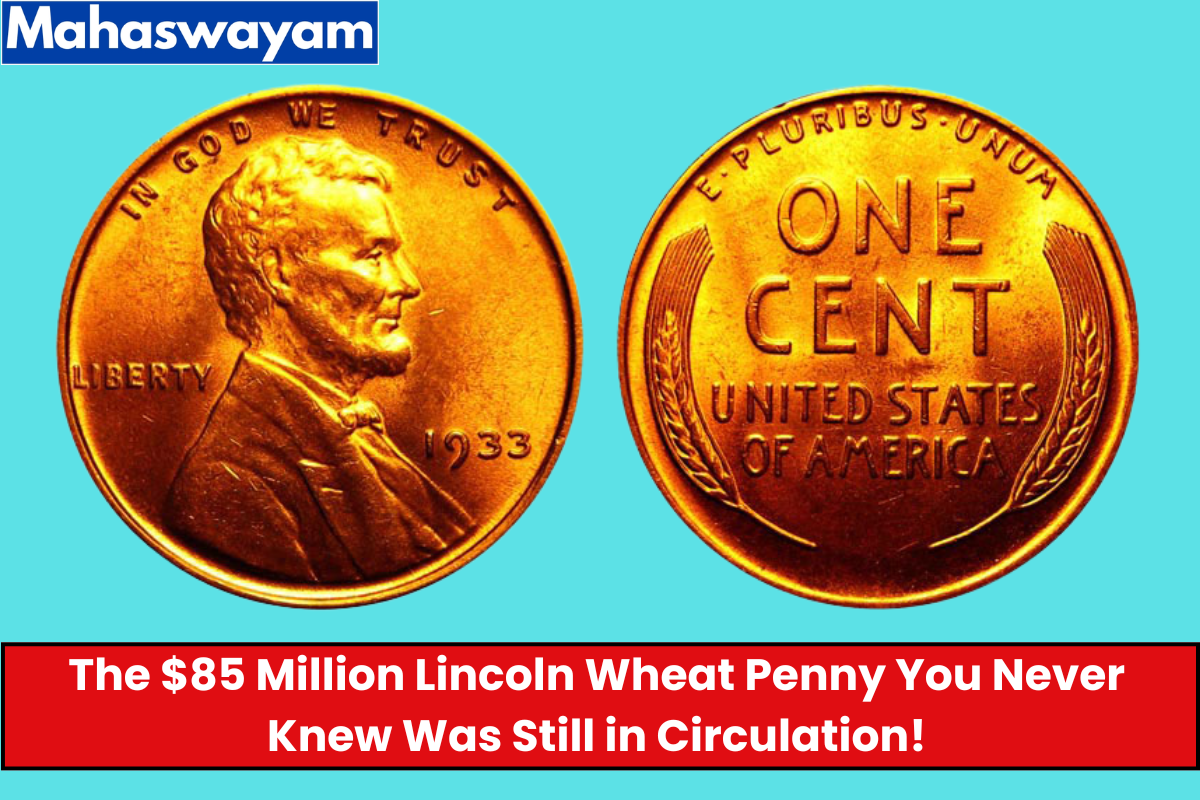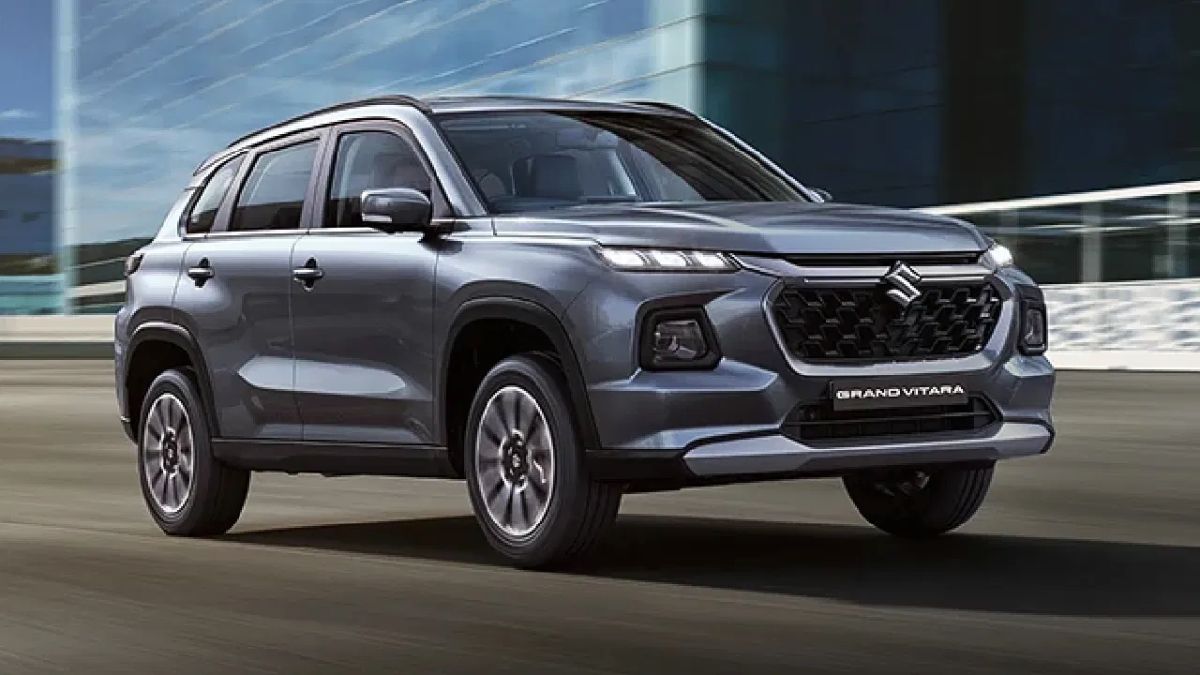The Bicentennial Quarter stands as one of the most celebrated coins in U.S. history, symbolizing the nation’s 200th anniversary of independence. Minted in 1976, this coin is not just currency—it’s a commemorative piece that carries historical, cultural, and financial significance. In this article, we’ll uncover the history, unique features, value, and essential tips for identifying and collecting these iconic coins.
Table of Contents
History
In 1973, with the United States approaching its bicentennial celebration, Congress authorized the creation of special coins to honor 200 years of independence. The Bicentennial Quarter became part of this tribute, joining the half-dollar and dollar coins in a historic minting initiative.
The coin was minted across three facilities: Philadelphia, Denver, and San Francisco. While the regular versions were made for everyday circulation, special collector’s editions were crafted with higher quality and unique finishes.
Design
Obverse Side
The obverse side retains the classic profile of George Washington, designed by John Flanagan, but features the dual date 1776-1976, symbolizing two centuries of American independence.
Reverse Side
The reverse design, created by Jack L. Ahr, showcases:
- A Colonial Drummer Boy: Representing America’s fight for freedom.
- 13 Stars: Symbolizing the original 13 colonies.
- The Liberty Bell: A timeless symbol of American independence.
This design captures the spirit of patriotism and unity, making the Bicentennial Quarter visually striking and historically rich.
Versions
The Bicentennial Quarter was minted in two primary versions:
Regular Circulation Coin
- Material: Copper-nickel (clad composition)
- Mint Marks: Philadelphia (no mint mark) and Denver (D)
- Purpose: Everyday circulation
Collector’s Edition
- Material: 40% Silver
- Mint Mark: San Francisco (S)
- Purpose: Collector’s item and proof sets
Additionally, the San Francisco Mint produced proof editions with a mirror-like finish, elevating their visual appeal and value.
Value
While most Bicentennial Quarters are still worth their face value of 25 cents, certain factors can significantly increase their price:
| Coin Type | Material | Mint Mark | Estimated Value |
|---|---|---|---|
| Regular Circulation | Copper-Nickel | P, D | $0.25 – $5 |
| Collector’s Edition | 40% Silver | S | $10 – $50 |
| Proof Coins | 40% Silver | S | $15 – $60 |
| Error Coins | Varies | Any | Up to $10,000+ |
Factors Affecting Value
- Minting Errors: Coins with doubled dies, off-center strikes, or misprints can fetch premium prices.
- Condition: Uncirculated or proof-quality coins are far more valuable.
- Mint Marks: Coins from the San Francisco Mint (S) often carry higher value due to their silver composition.
- Historical Significance: Being a bicentennial coin automatically increases its collector appeal.
Myth vs Reality
Rumors of Bicentennial Quarters being worth millions are mostly exaggerated. While some rare error coins can command high prices, most standard quarters are moderately valued.
Collecting Tips
Tools for Collectors
- Magnifying Glass: Helps identify fine details, errors, and mint marks.
- Digital Scale: Weighing the coin confirms its material (5.67g for copper-nickel, slightly more for silver versions).
- Protective Cases: Prevent damage and maintain coin condition.
Where to Find Bicentennial Quarters
- Coin Shows: Great for browsing rare pieces and networking with other collectors.
- Online Auctions: Sites like eBay and heritage auction platforms often list rare quarters.
- Certified Dealers: Ensure authenticity and fair pricing.
Building Your Collection
- Start Small: Begin with circulated coins and work your way up to proof or silver editions.
- Document Your Collection: Record details such as mint marks, year, condition, and any errors.
- Use Professional Grading Services: Companies like PCGS or NGC can authenticate and grade your coins.
Notable Coins
While the Bicentennial Quarter is a gem in itself, here are other valuable quarters worth noting:
- 1796 Draped Bust Quarter: One of the earliest quarters, incredibly rare.
- 1932-D Washington Quarter: Highly sought-after due to its limited mintage.
- 1804 Draped Bust Quarter: Known for its historical significance and scarcity.
Final Thoughts
The Bicentennial Quarter isn’t just a coin—it’s a piece of American heritage. Whether you’re a casual enthusiast or a seasoned numismatist, collecting these quarters offers a tangible connection to a pivotal moment in U.S. history. By understanding their design, rarity, and value, you can make informed decisions and build a collection worth cherishing. So next time you come across a quarter, take a closer look—you might just have a hidden treasure in your hands.
FAQs
What is a Bicentennial Quarter?
A coin minted in 1976 to celebrate America’s 200th anniversary.
Are Bicentennial Quarters valuable?
Some rare versions and error coins can be worth hundreds or thousands.
What is the most valuable Bicentennial Quarter?
Error coins or silver proof editions are the most valuable.
How can I identify a silver Bicentennial Quarter?
Check the mint mark ‘S’ and weigh the coin—it should be heavier.
Where can I sell Bicentennial Quarters?
Coin shows, certified dealers, and online auction sites are good options.






